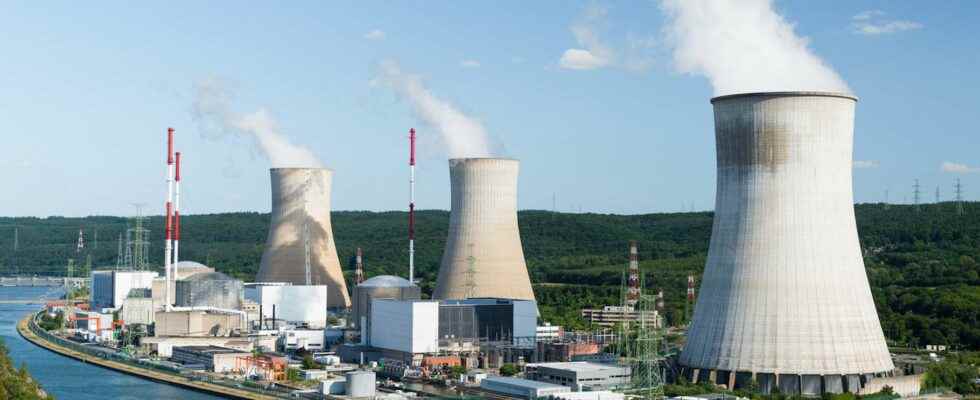Can nuclear energy be considered a renewable energy? The answer is no: uranium, used today for fission, remains a limited resource. However, if Man managed to master fusion, the situation could change… The nuclear waste produced would also be less important.
You will also be interested
[EN VIDÉO] Kezako: how to easily generate electricity There are many ways to generate power but the first of all is the turbine. Unisciel and the University of Lille 1 explain to us during this episode of Kezako how to easily produce electricity.
We sometimes wonder if theenergy produced by nuclear power plants is a energy fossil or renewable energy. And the answer is: neither. Nuclear power is — to date at least — a non-renewable carbon-free energy.
Uranium, a limited but not fossil resource
Currently, the nuclear power plants operate on the principle of nuclear fission and use theuranium as combustible. Now, this uraniumincluding L’isotope 235U is the only one isotope natural fissile, forms only in the heart of supernovae. On Earth, uranium therefore appears to be a limited resource.
If uranium is a relatively abundant element on our planet (more than gold), its low concentration makes it economically difficult to exploit. Under current operating conditions, uranium reserves would supply the nuclear center world for a century, according to the Nuclear Energy Agency (NEA).
But if the resource is limited and therefore non-renewable – its consumption cannot be compensated by a process of natural reconstitution – it does not necessarily qualify as fossil. Indeed, the expression ” fossil fuels “ refers to a particular form of chemical energy. Energy produced from fuels rich in carbon and resulting from the slow decomposition of materials organic — such as coal. Which is obviously not the case with uranium. On the other hand, nuclear energy — just like renewable energies — can be qualified as decarbonized energy, because it does not emit CO2.
Nuclear energy, soon to be sustainable and clean thanks to fusion?
If the Iter project is completed, nuclear power plants will produce their energy from reactions of nuclear fusion. This type of reaction does not use uranium, but an isotope ofhydrogen much more abundant: deuterium (2H).
Deuterium is also a resource produced inside stars, but it is present in very large quantities on Earth. The reactors at merger would still not be sources ofrenewable energybut they could produce energy for hundreds of thousands of years thanks to the deuterium contained in the oceans.
And that while emitting almost no CO2 and producing less nuclear waste than fission power plants.
Interested in what you just read?
